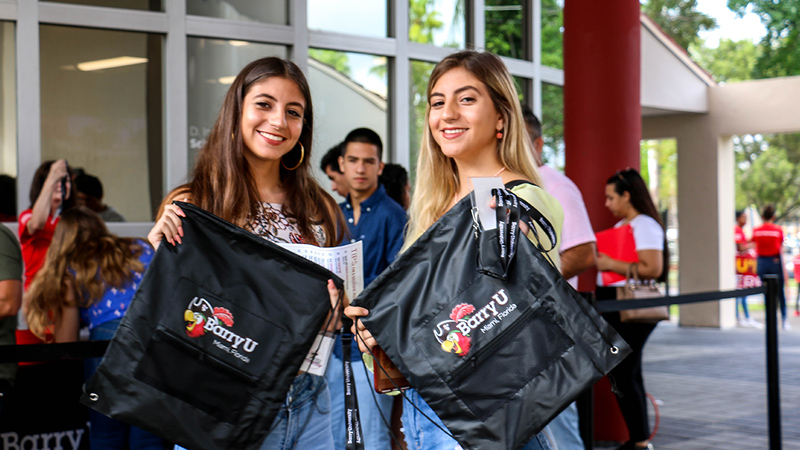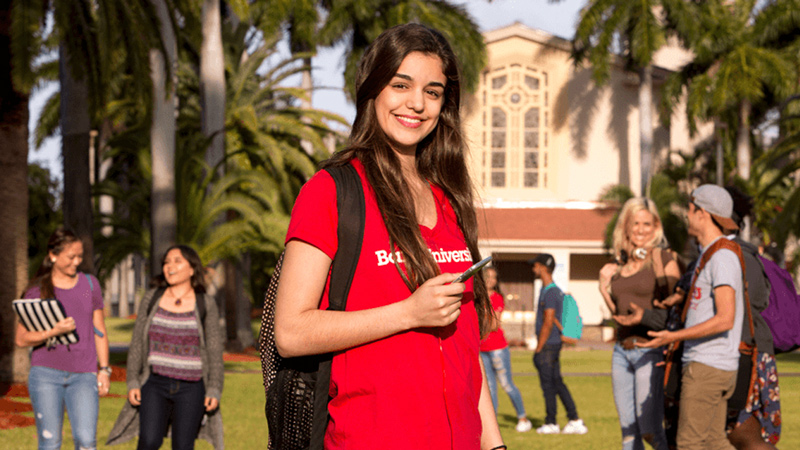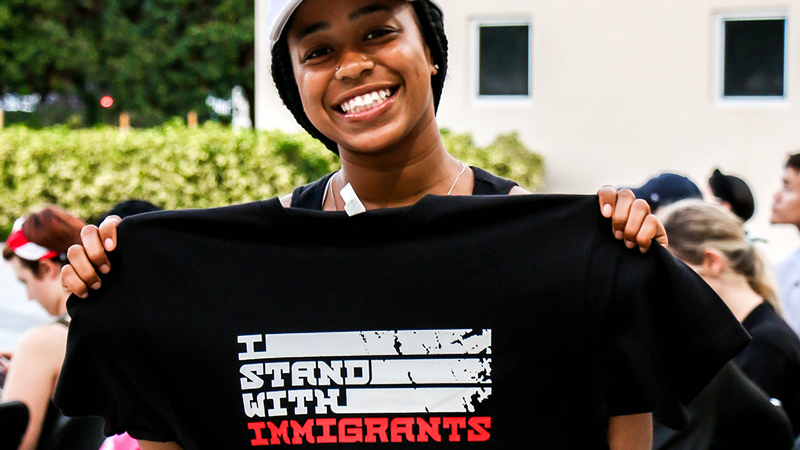A teaching and learning strategy that integrates relevant community service with course work and critical reflection to enrich the learning experience, foster social responsibility and civic engagement, and strengthen communities. Bringle and Hatcher define the term as “… a course-based, credit-bearing educational experience in which students (a) participate in an organized service activity that meets identified community needs, and (b) reflect on the service activity in such a way as to gain further understanding of course content, a broader appreciation of the discipline, and an enhanced sense of civic responsibility.” (See Robert G. Bringle & Julie A. Hatcher, A Service Learning Curriculum for Faculty, Michigan Journal of Community Service Learning, Vol. 2, 1995, p. 112.) Service-learning is not: an episodic volunteer program; an “add-on” to an existing school or college curriculum; logging a set number of community service hours in order to graduate; compensatory service assigned as a form of punishment by the courts or by university administrators; or one-sided – benefiting only students or only the community.
Questions?
Here are some FAQS
-
-
Service-learning challenges students to move beyond charity to social change; service-learning projects can foster a sustained commitment to promoting fairness and equality. In a service-learning course, students should be expected to analyze root causes of social problems and the interplay of inequality, powerlessness, and marginalization. Students could conduct research and participate in discussions that will help them understand social issues and the historical, sociological, cultural, and political contexts from which these issues emerge. Furthermore, students should propose systemic solutions to social injustice, including sustainable policy solutions and necessary changes to social structures and institutions that perpetuate injustice. As a service-learning assignment, students may engage in advocacy (e.g., letter-writing campaigns and petitions) and social action (e.g., voter registration drives and lobbying) on behalf of populations who have been disadvantaged, discriminated against, and disempowered.
-
The Center for Community Service Initiatives provides specific guidelines for developing service-learning syllabi. Exemplary syllabi for a variety of disciplines are also available in the Center's library.
-
A special approach to service-learning that combines a service-learning project with a traditional internship in order to produce the best outcomes of both forms of experiential education. This semester-long, supervised, career-related educational experience is characterized by elements of service-learning – notably a civic dimension, reciprocity, and reflection.
-
The movement of society toward more equality, support for diversity, economic fairness, nonviolent conflict resolution, and participatory democracy. The aims of social justice reflect core democratic beliefs: the worth of individuals, the strength of cultural diversity, and the need for civic equality. (See K. Warren, Educating Students for Social Justice in Service Learning, Journal of Experiential Education, Vol. 21, No. 3, 1998, pp. 134–139.)
-
The process and outcomes of coordinated activities that address the root causes of problems that affect society. As a goal of service-learning, this may be contrasted with “palliative service” (i.e., providing help without addressing the root causes of social problems). Barry’s approach to social change combines community service (including charitable volunteerism), service-learning, community-based research, advocacy, and community building/development.
-
The process of deriving meaning and knowledge from experience. Effective reflection engages both students and instructors in a thoughtful and thought-provoking process that deliberately connects learning with experience. Reflection assignments include journals, papers, essays, audiovisual presentations, and portfolios.
-
The engagement of individuals and groups in civic, social, and educational activities that benefit the community beyond the campus. Volunteers provide service to the wider community without an expectation of monetary reward. Barry students, faculty, and staff value service to the community and regularly engage in volunteer activities that improve the quality of life in neighborhoods.
-
Geographic areas external to Barry University campuses. Barry serves local, regional, state, national, and global communities. However, community is not defined solely by geography; community refers also to people and relationships – to a social system. Accordingly, a community is a group of persons with shared values or norms, common interests, mutual influence, or commitment to meeting a shared need.
-
Knowledge, skills, values, and the capacity to work with others on civic (community) and societal challenges.
-
"A partnership of students, faculty, and community members who collaboratively engage in research with the purpose of solving a pressing community problem or effecting social change" (Strand, Marullo, Cutforth, Stoecker, Donohue in Community-Based Research and Higher Education, San Francisco: Jossey-Bass, 2003). Curriculum-based CBR is a form of service-learning; research is the service activity.
-
Alternative term for scholarship of engagement; or simply engaged scholarship. “Scholarship that involves the faculty member in a mutually beneficial partnership with the community. Community-engaged scholarship can be transdisciplinary and often integrates some combination of multiple forms of scholarship” (Community–Campus Partnerships for Health). CES involves the creation, integration, application, and transmission of knowledge for the benefit of the community as well as the University.
-
Alternative term for community-engaged scholarship. It is “a term that captures scholarship in the areas of teaching, research, and/or service. It engages faculty in academically relevant work that simultaneously meets campus mission and goals as well as community needs. In essence, it is a scholarly agenda that integrates community issues. In this definition community is broadly defined to include audiences external to the campus that are part of a collaborative process to contribute to the public good” (National Review Board for the Scholarship of Engagement).
-
Exchange of ideas and face-to-face discussion of issues that affect the community. Also called public dialogue, this kind of engagement “implies voice and agency, a feeling of power and effectiveness, with real opportunities [for the community] to have a say” (McCoy & Scully, 2002, p. 118).
-
Alternative term for community engagement. “Civic engagement involves participation and contribution to civic and public life through voting, staying politically informed, and engaging in community service. Civic engagement is important to service-learning because when service-learning programs address specific knowledge and skills, civic development is made explicit to students as a core learning outcome” (Learn and Serve America’s National Service-Learning Clearinghouse). As defined by Thomas Ehrlich (in Civic Responsibility and Higher Education), "Civic engagement means working to make a difference in the civic life of our communities and developing the combination of knowledge, skills, values and motivation to make that difference. It means promoting the quality of life in a community, through both political and non-political processes."
-
Alternative term for civic engagement. The Carnegie Foundation for the Advancement of Teaching describes community engagement as “the collaboration between institutions of higher education and their larger communities (local, regional/state, national, global) for the mutually beneficial exchange of knowledge and resources in a context of partnership and reciprocity.”
-
From the CCSI Homepage, click on “Community Partners.”
-
Information, including sample syllabi, is available from the CCSI. Syllabi for a variety of disciplines are available also through the Web sites of Campus Compact and the National Service-Learning Clearinghouse.
-
The CCSI coordinates a Faculty Fellows Program through which such opportunities are made available to faculty. The Service-Learning Fellows attend monthly faculty development sessions and they, in turn, coordinate and facilitate workshops for their colleagues. Furthermore, the Center sponsors faculty who will make presentations on service-learning/civic engagement at local, national, and international conferences.
-
The CCSI maintains a list of journals and other publications to which manuscripts may be submitted. In our efforts to promote research and publication on service-learning and community engagement, the Center also coordinates a Faculty Learning Community for Engaged Scholarship.
-
The Center for Community Service Initiatives (CCSI) functions as the campus clearinghouse for service-learning/civic engagement opportunities and resources. The Center collects, creates, classifies, and disseminates a variety of relevant resources for planning, implementing, monitoring, and assessing/evaluating service-learning and civic engagement activities.
-
Yes. Courses that meet seven specified criteria are designated as “SL” in the University catalogs and course schedules (Self-Service). “SL” is added not only to courses (or course sections) in the catalogs and schedules but also to students’ transcripts.
-
An interdisciplinary group of faculty members who participate in a yearlong program focused on community-engaged scholarship. CES involves the creation, integration, application, and transmission of knowledge for the benefit of the community while advancing the University’s mission.
-
Students may be required to complete a set number of community service hours as a sanction for infractions. Course instructors assign community service (or service-learning) hours to complement the course content and teaching/learning strategies. For courses that will carry the “SL” designation, at least 10 hours of service will be required.
-
A process by which to argue in favor of a community-related cause, idea, or policy and seek active support from others. Advocacy includes issue research, participant mobilization, legislative contact, and the promotion of public policy ideas.
-
Yes, you may volunteer as a Personal Development option. First, log into CEMS; search for a Community Partner event or opportunity that interests you; and click "sign up." The next screen you see will display detailed information about the event or opportunity you selected. After you scroll down, you will see "Join us," which will allow you to select the days and hours you wish to volunteer and to finalize your submission.
-
Action research is a three step spiral process of (1) planning which involves reconnaissance; (2) taking actions; and (3) fact finding about the results of the action (Kurt Lewin, 1947). Action research is the process by which practitioners attempt to study their problems scientifically in order to guide, correct, and evaluate their decisions and actions (Stephen Corey, 1953). “Action research...aims to contribute both to the practical concerns of people in an immediate problematic situation and to further the goals of social science simultaneously. Thus, there is a dual commitment in action research to study a system and concurrently to collaborate with members of the system in changing it in what is together regarded as a desirable direction. Accomplishing this twin goal requires the active collaboration of researcher and client, and thus it stresses the importance of co-learning as a primary aspect of the research process” (Thomas Gilmore, Jim Krantz, & Rafael Ramirez, Action Based Modes of Inquiry and the Host-Researcher Relationship, 1986).
-
PAR is an empirical methodological approach in which people directly affected by a problem under investigation engage as co-researchers in the research process, which includes action, or intervention, into the problem (L. Rodriquez & T. Brown, New Directions for Youth Development, 2009). PAR is a process in which people (researchers and participants) develop goals and methods, participate in the gathering and analysis of data, and implement the results in a way that will raise critical consciousness and promote change in the lives of those involved—changes that are in the direction and control of the participating group or community (P. Reason, Three approaches to participative inquiry, 1994).



















